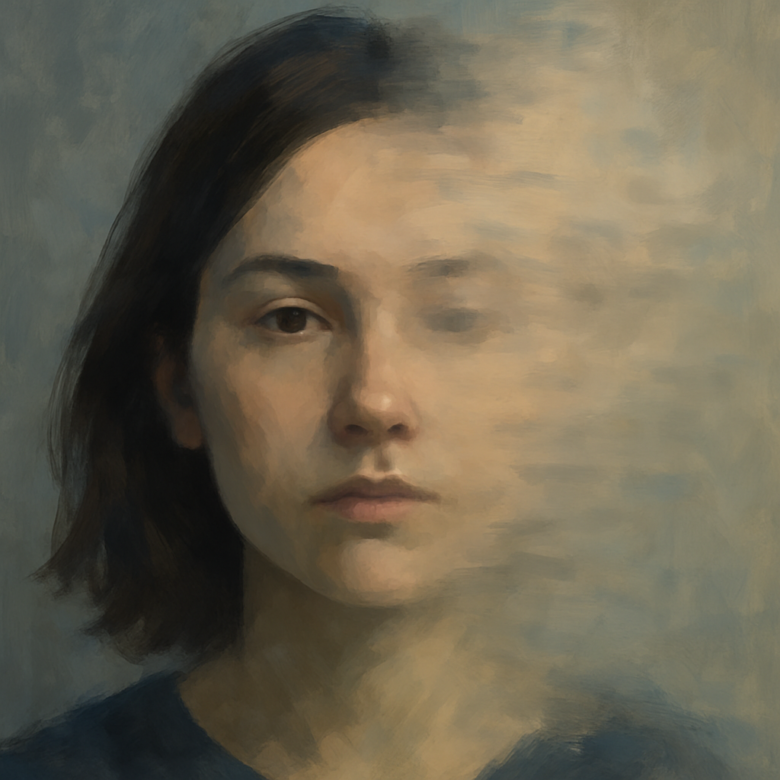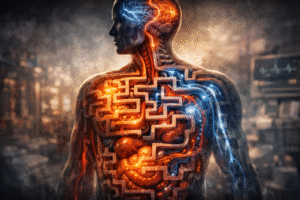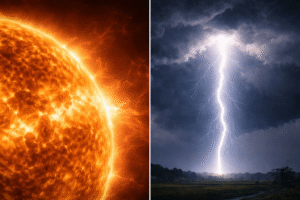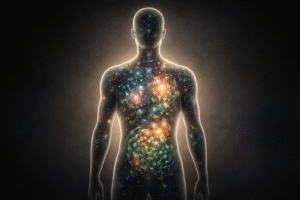Fun Fact: There are people who can remember almost every face they’ve ever seen—even years later—while others can’t even recognize their own family members in photos.
You’re walking through a crowded market when someone waves at you. Panic sets in. You smile back, trying to place them. School? Work? Your neighbour? Nothing. Later, it hits you—they were your cousin’s best friend, the one who sat next to you at a wedding. Twice.
Meanwhile, someone else you know remembers faces like a human security camera—spotting a barista they met five years ago or recognizing an actor from a 3-second cameo. What makes the difference?
Welcome to the fascinating world of face memory, where some of us are natural detectives—and others are unwitting strangers in a crowd.
Your Brain’s Face-Recognition Software
We’re all wired to recognize faces—it’s one of the first things babies can do. By just a few months old, infants prefer looking at faces over other objects. But how well we recognize them as adults varies dramatically.
At the centre of this ability is a part of the brain called the fusiform face area (FFA). It’s located in the temporal lobe and is specialized for facial recognition. In people who are excellent at remembering faces, this region lights up like Times Square on New Year’s Eve. But in others, it’s relatively quiet—like a dim hallway with flickering lights.
Super-Recognizers: The People Who Never Forget
Some people don’t just remember faces well—they remember every face. These “super-recognizers” can identify people from blurry CCTV footage, childhood photographs, or even glimpses in a crowd.
A 2009 study by Dr. Richard Russell of Harvard University found that super-recognizers perform two standard deviations above the norm in facial memory tests. That means they’re in the top 1-2% of the population.
In fact, law enforcement agencies in countries like the United Kingdom have started using super-recognizers to track criminals through surveillance. These are the human equivalents of facial recognition algorithms—except they don’t need a machine to help them.
When the Brain Forgets: What Is Face Blindness?
Now imagine the opposite: not being able to recognize your spouse, your kids, or even your own reflection in the mirror.
This is prosopagnosia, also known as face blindness. It can be developmental (present from birth) or acquired (due to brain injury). About 2-3% of the population has some form of this condition.
In a famous case, neuroscientist Dr. Oliver Sacks, who himself had prosopagnosia, once described mistaking a parking meter for a person. Another case: a woman who failed to recognize her own mother after a makeover.
For those with face blindness, recognizing people often depends on non-facial cues like voice, hairstyle, clothing, or context. Without these, even loved ones become strangers.
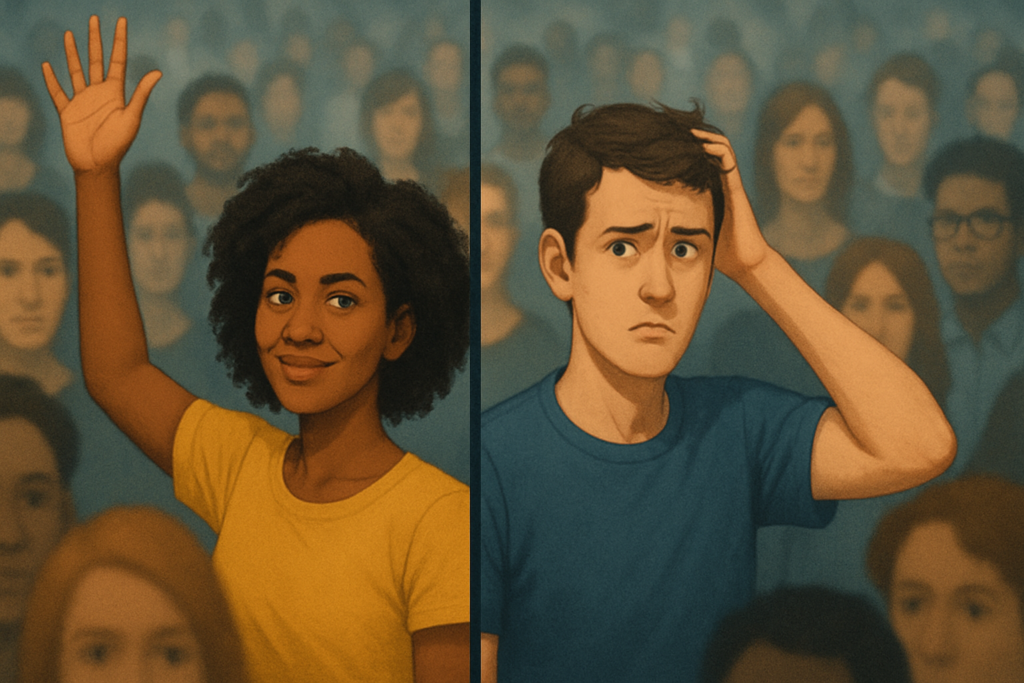
The Emotional Cost of Not Recognizing Faces
You might think forgetting a face is just an inconvenience. But for many people, especially those with face blindness, it’s emotionally painful.
Imagine:
- Avoiding eye contact because you’re not sure if you’ve met someone.
- Constantly apologizing for forgetting people.
- Being accused of arrogance or coldness when it’s really a cognitive blind spot.
Many people with face blindness develop social anxiety, become withdrawn, or even suffer from depression. It’s a silent struggle—often misunderstood by friends, partners, and colleagues.
Why Are Some Brains Better at Faces?
Scientists believe several factors affect face memory:
Genetics
There’s growing evidence that facial recognition ability is heritable. If you have a parent who never forgets a face, you might’ve inherited their super-recognition skills.
Experience
People in social or visual professions—teachers, actors, police officers—tend to have better face memory due to frequent exposure and practice.
Attention to Detail
Super-recognizers often focus on subtle facial features—like spacing between the eyes, shape of the jawline, or movement patterns.
Emotional Connection
We’re better at remembering faces that mean something to us. Emotional salience plays a huge role. That’s why you never forget the face of someone who broke your heart—or someone who saved your life.
Are Machines Better at This Than We Are?
In an age where facial recognition technology is everywhere—from unlocking phones to policing crowds—it’s tempting to assume that computers do this better.
Companies like Clearview AI (a tech company known for scraping billions of photos from the internet for facial recognition databases) and Face++ (a Chinese firm that provides facial recognition and AI services) have pushed the boundaries of what machines can do.
But here’s the twist: even top AI (Artificial Intelligence) systems often falter in low light, with poor angles, or among people of diverse ethnic backgrounds. Human super-recognizers, in contrast, are surprisingly good even under tough conditions.
The future may lie in combining both: human intuition and machine precision.
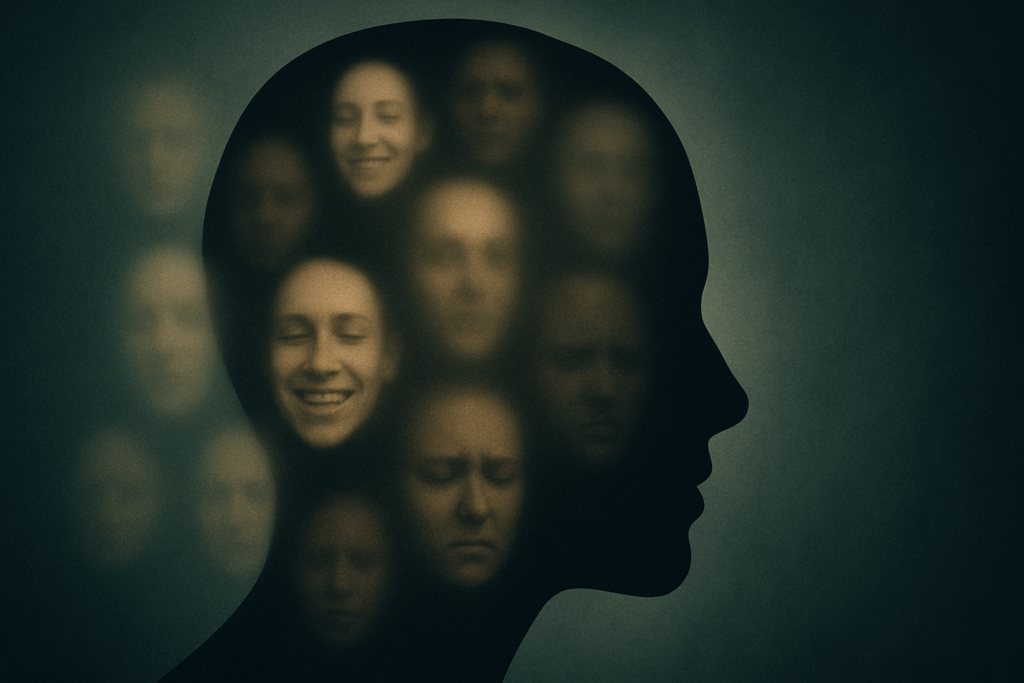
How to Know If You’re a Super-Recognizer (or Face Blind)
Curious where you fall on the face memory spectrum?
You can take tests developed by researchers at University College London or Harvard University. These tests show faces briefly and then ask you to match them later—even with changes in expression, angle, or lighting.
Remember, being poor at names is not the same as being poor at faces. Some people recognize everyone’s face but can’t recall a single name—and vice versa.
Coping Strategies for Face Blindness
If you or someone you know struggles with face memory, here are a few survival tips:
- Use contextual memory: Recall where you met someone and what you discussed.
- Look for unique features: A tattoo, a voice, a hairstyle.
- Be honest: Let people know you have trouble recognizing faces—it builds empathy.
- Use repetition: The more often you see a person in different settings, the better the memory.
Technology is also helping—apps that store facial info or even glasses with face-recognition software are being developed to assist those with prosopagnosia.
Conclusion: Faces Are More Than Skin Deep
Your ability—or inability—to recognize faces isn’t just a party trick or a social skill. It’s a reflection of deep cognitive and emotional pathways in your brain. Whether you’re a super-recognizer or someone who feels lost in a sea of unfamiliar faces, the important thing is this: everyone’s brain sees the world a little differently.
So next time someone forgets your face, don’t take it personally. Their brain might just be wired another way.
Author’s Note
Our brains are brilliant in different ways. This blog is an invitation to better understand ourselves and others—and to remember that even when memory fails us, kindness doesn’t have to.
G.C., Ecosociosphere contributor.
References and Further Reading
- https://www.ncbi.nlm.nih.gov/pmc/articles/PMC2892768/
- https://www.apa.org/monitor/2021/01/feature-face-blindness
- Russell, R. et al., 2009. Super-recognizers in the police force: Measuring face memory abilities.
- Clearview AI inform investors that it is on its way to having 100B facial photos in its database within a year, growing from 3B images to 10B+ since early 2020 (Drew Harwell/Washington Post). https://nvweekly.com/clearview-ai-inform-investors-that-it-is-on-its-way-to-having-100b-facial-photos-in-its-database-within-a-year-growing-from-3b-images-to-10b-since-early-2020-drew-harwell-washington-post/
- RDA Blogs | IntelliBuddies®. https://intellibuddies.com/blog/from-machine-to-human-like-a-reality-check-on-llms

